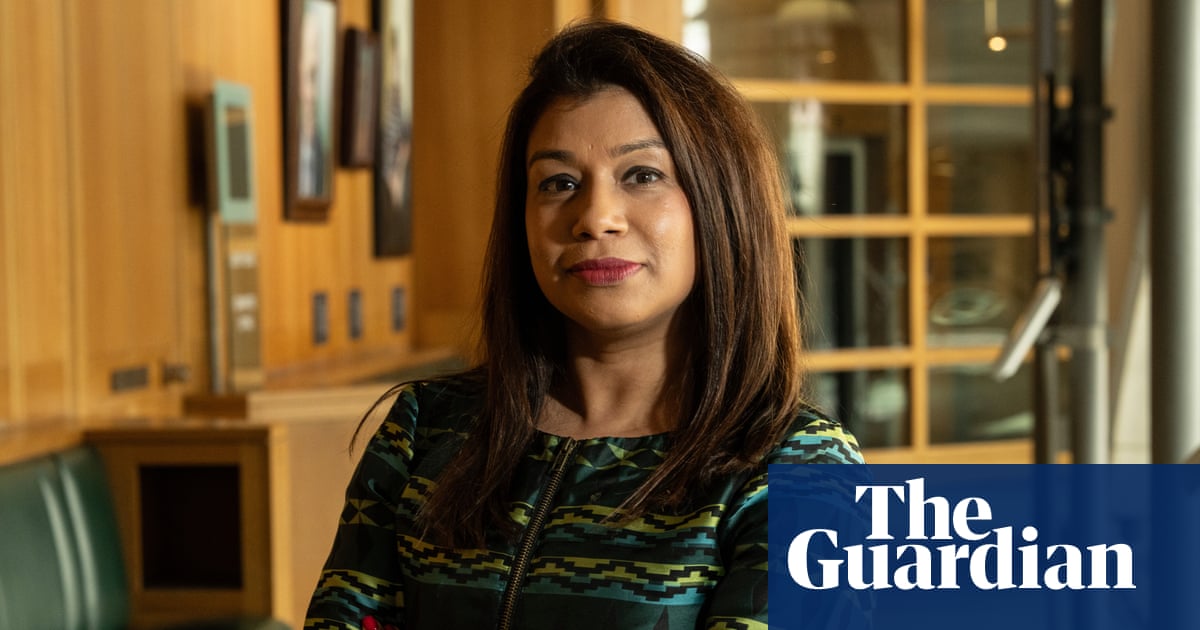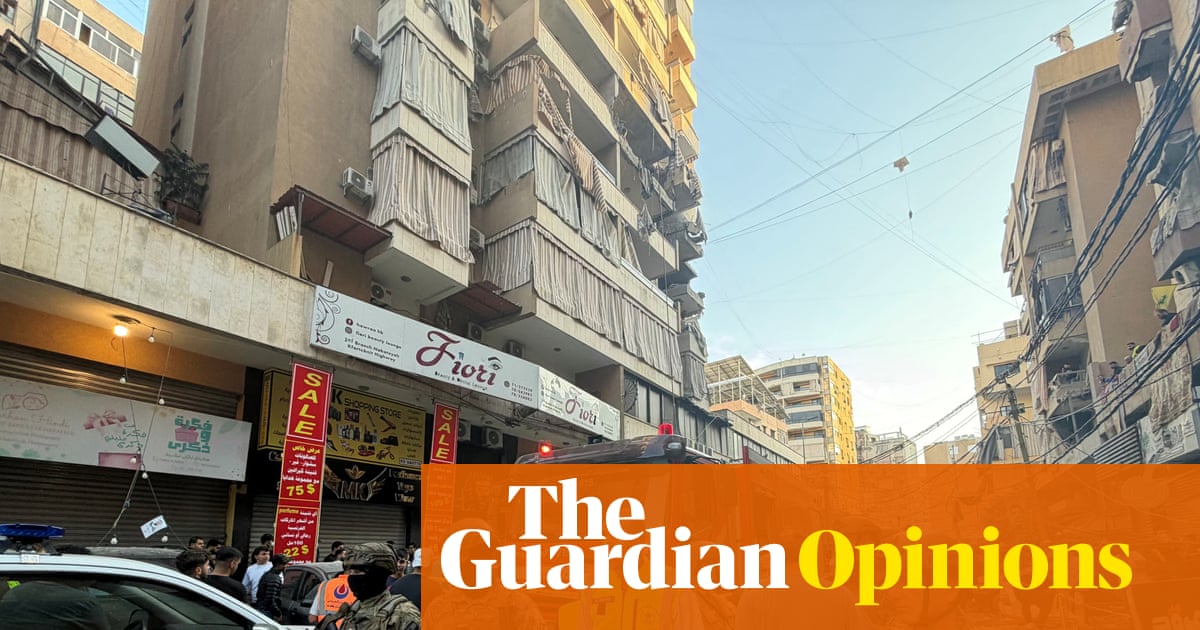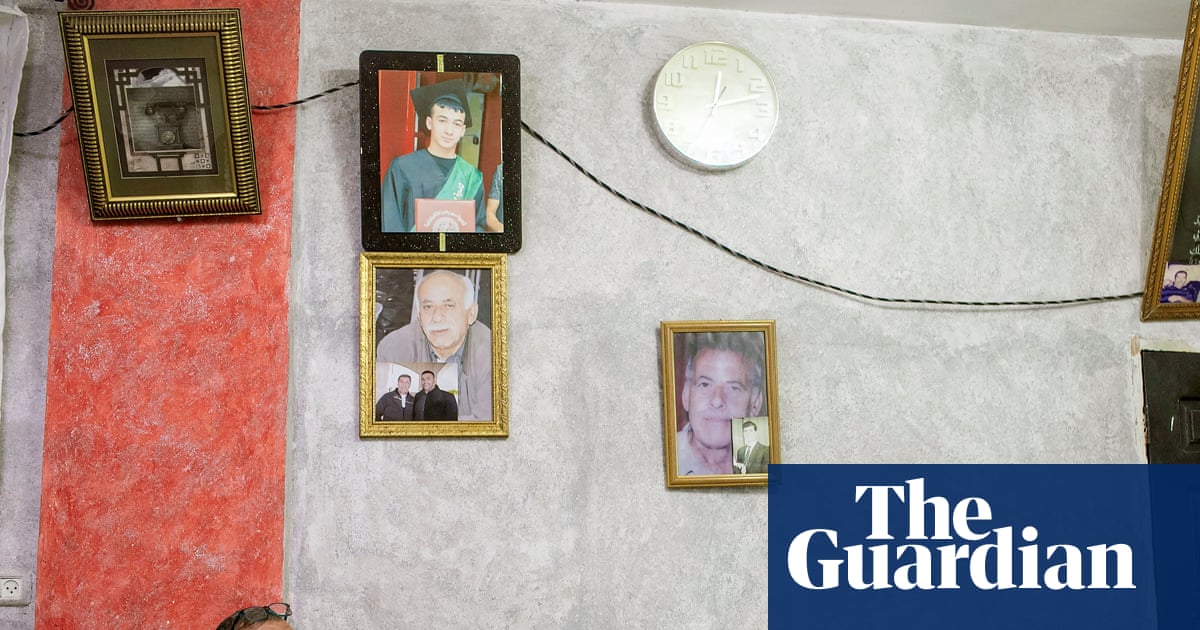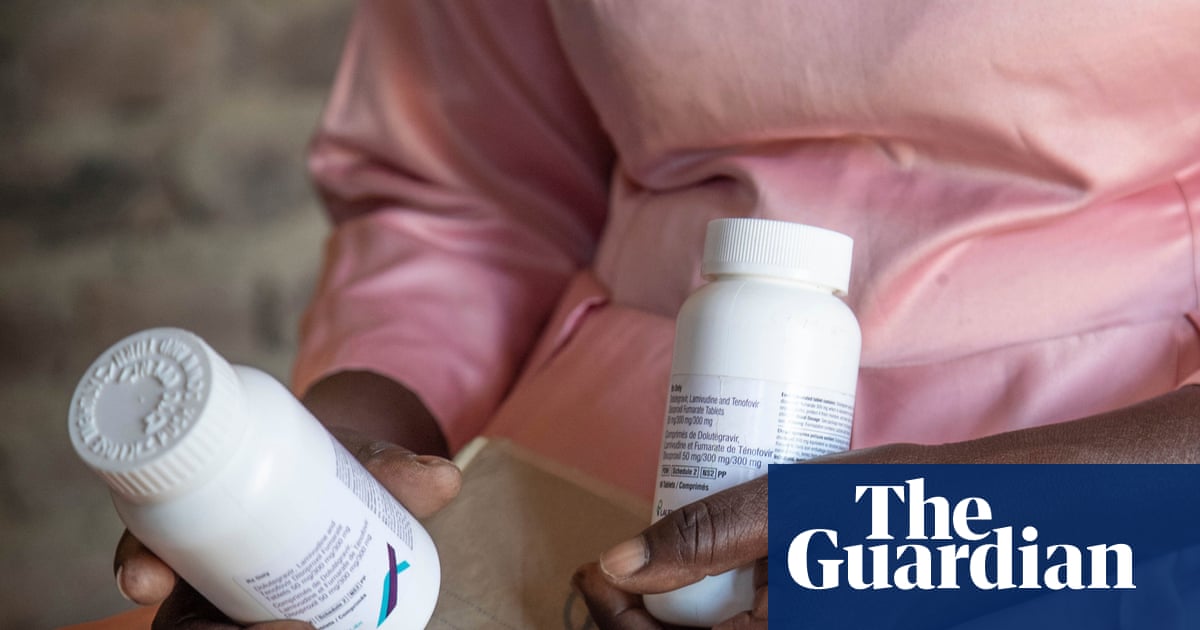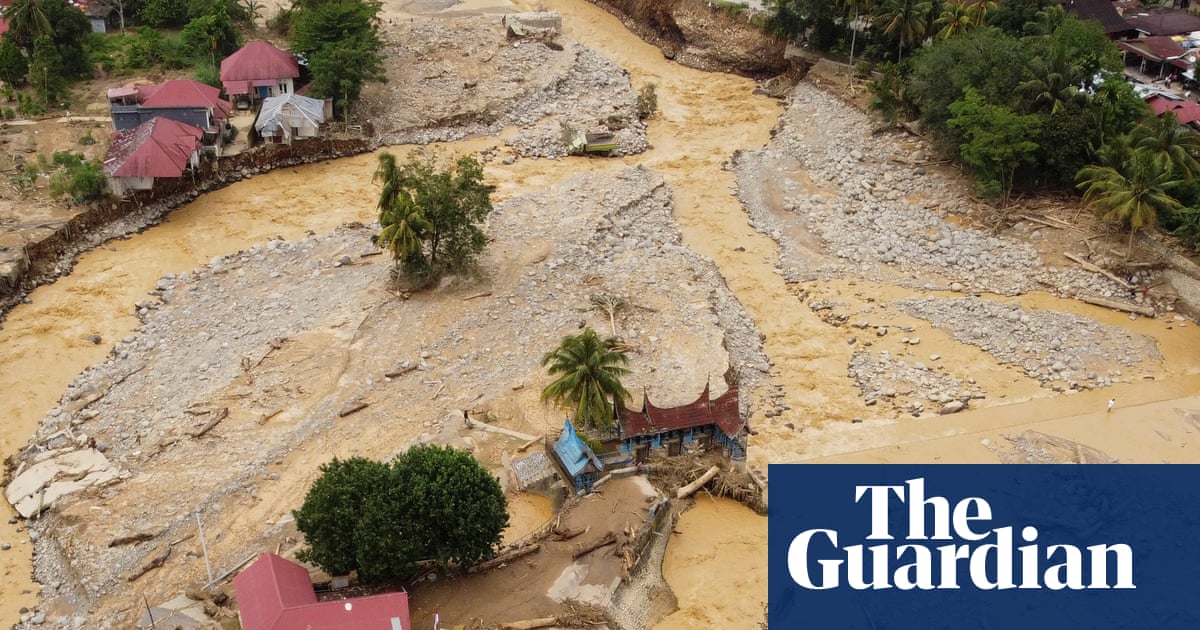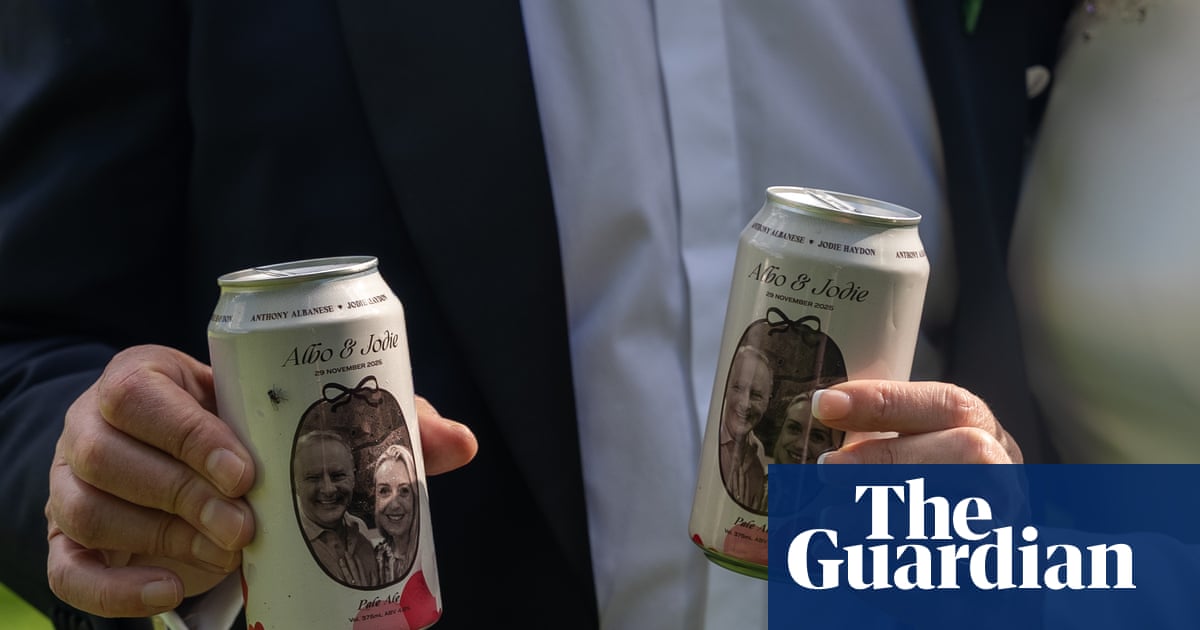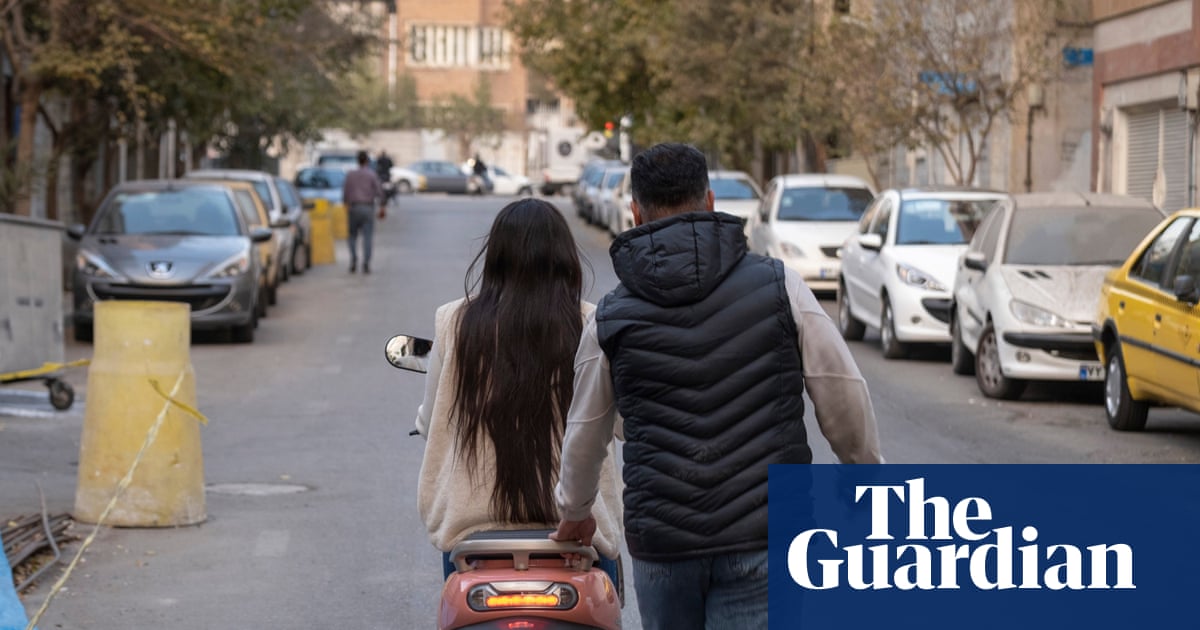Images of Dover and the beaches along the Kent coastline have come to symbolise small boat crossings in the UK, often attracting anti-migrant protests as a result.
“Everyone’s like, ‘Oh look at Dover, everyone’s coming here’ – they’re really not,” said Charlie Zosseder, the director of the charity Samphire, which works to improve community cohesion between migrants and local people in the town.
“When we have issues, it tends to be people coming down from London because they’ve seen the news, think all the small boats are going there, let’s go and protest. Well, thank you, but no thank you. You don’t see many locals coming out for the anti-migrant protests.”
Many people living in these areas have little direct contact with those who over the last 10 years have crossed the Channel on small boats and landed on their shores. Most are intercepted en route, or immediately on arrival, by Border Force officials and taken to the notorious Manston asylum centre nearby, before being sent elsewhere.
Fishers and sailors in the Channel receive hourly VHF radio messages telling them to look out for small boats carrying undocumented migrants, but otherwise there’s little outward sign of the crossings that generate so much debate across the country.
But behind the scenes, residents have formed networks of practical support in response to the growing numbers of people seeking help. In Margate, on the north coast of Kent, the Labour councillor Rob Yates said there was a growing number of local people keen to lend a hand.
“We created a WhatsApp group for supporting refugees and we’ve now got an active 300-person membership,” he said.
“If one of the refugees we know needs some accommodation, we post it on the group. We use it for finding people sim cards, mobile phones, clothes, and linking people up with private rented accommodation, which can be quite tricky. There’s an asylum seeker football team called Margate Phoenix, there’s English language lessons.
“You’ve either got to work with these guys in your community, or they’ll be targeted by the county line of drug dealing, which they are, or by unscrupulous people who want to use them for nefarious means.”
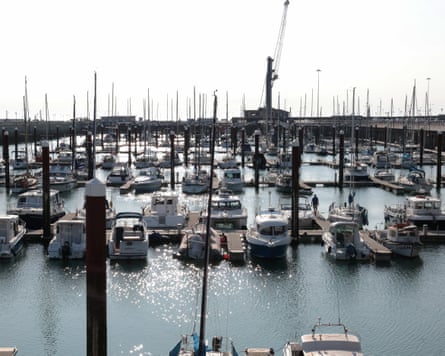
Last year, Yates spearheaded a protest that blocked Home Office coaches from moving asylum seekers from a Margate hotel to the Bibby Stockholm barge in Dorset, after being told by councillors there was nothing they could do locally to help.
He said the lack of local oversight over the refugee and asylum seeker system, which is managed centrally by the Home Office, meant the treatment they receive is less “humane”.
“I think part of the reason communities have to step up is because there is no local council involvement. So if we don’t do something, nothing will happen,” he said.
“There’s one central office managing hundreds of hotels without any local oversight, without any local checks to see whether the food is OK, whether the safeguarding checks are OK – and they’re not OK. These hotels are badly mismanaged.”
Kent county council takes responsibility for unaccompanied asylum-seeking (UAS) children who land in the area. It has had a record number of referrals in recent months, rising from 478 in 2020 to 2,836 in 2024.
This year, it has already had 1,557 referrals for under-18 UAS children.
The cost of their care is borne by the government, not the local council, but the Reform leader of Kent county council, Linden Kemkaran, recently wrote to the home secretary about concerns that delays in immigration decisions meant the council was having to pay for their housing and subsistence post-18.
Kent Refugee Action Network, formed in 2003 as a grassroots response to the increase in UAS children in the county, has a mentoring programme to pair them with local volunteers.
Over the years it has grown to meet rising demand for support, and now deals with 350 cases a year, helping with everything from immigration and housing needs to gathering secondhand bikes to donate to young people.
“I think a lot of people realise that you’ve got to be vocal and you’ve got to actually do something to counter other messages that are going on,” said Lou Roberts, a new project developer at the charity. “I think we see a lot where people really go above and beyond because they want to counter the message.”
Rishan, a former child refugee and now media ambassador for the charity, said it has become a form of family for many of the young people who have come through over the years, but there was only so much it could do.
“As an organisation, we do our best to be there for young people, but there is a limitation in terms of what we can reach and what we can provide,” she said. “What with the Rwanda policy, now the one in, one out policy, they have so many questions and it’s hard to give a clear message.”
Many volunteers also said an increase in anti-migrant protests had created a pervasive sense of fear that was hindering their work.
“Unfortunately, with the rise of Reform, we are actually seeing an increase in racist behaviour,” said Zosseder. “It is getting harder. It’s harder for people to want to become part of a community that is shouting racist views at you.”

 3 months ago
48
3 months ago
48
